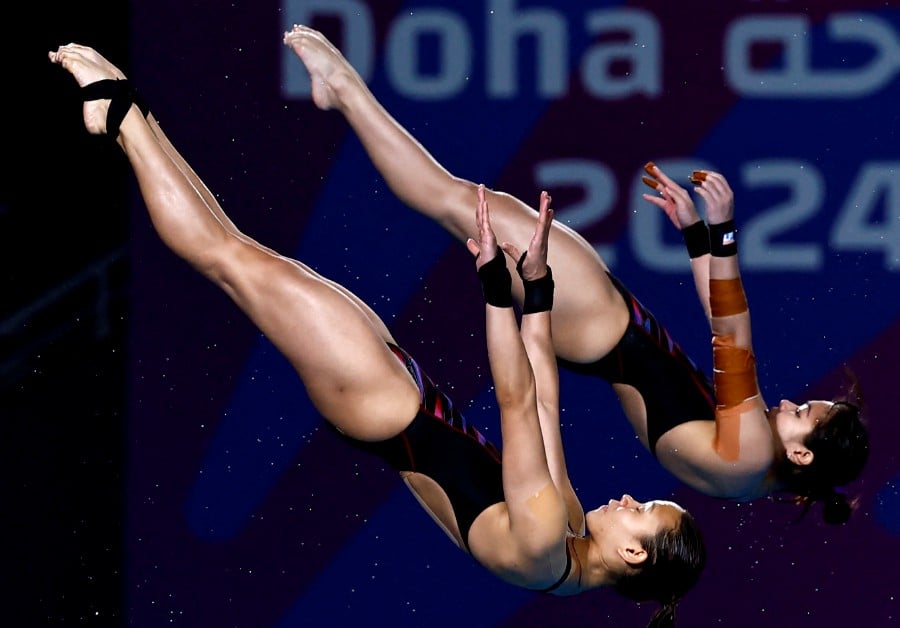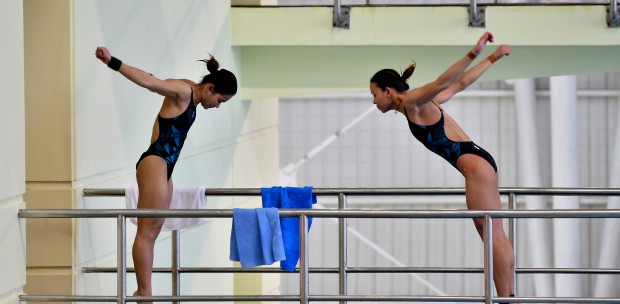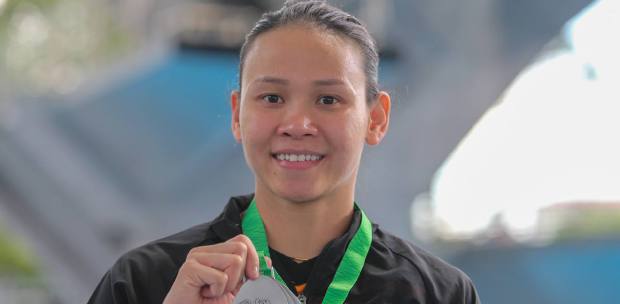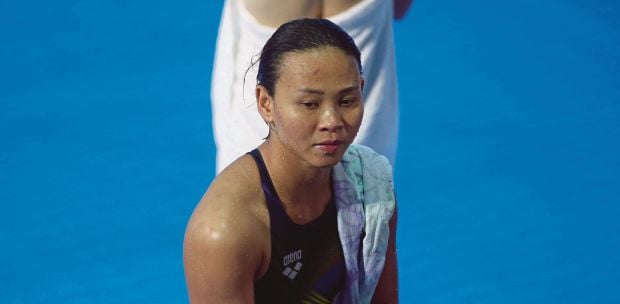KUALA LUMPUR: Malaysia Swimming (MAS) will conduct a post-mortem to overcome the rot in diving.
The association may discard the hopeless areas once the national diving team return from the World Aquatics Championships in Doha.
Malaysia will not have women divers at the Olympics for the first time since the 2000 edition following Pandelela Rinong, Nur Dhabitah Sabri and Wendy Ng's miserable performances in Doha.
The national women's divers have been a consistent presence in the Olympics since the 2000 Sydney Games.
Pandelela was the first Malaysian to win an Olympic medal in diving by clinching the 10m individual platform bronze at the 2012 London Games.
Four years later, Pandelela paired up with former world champion Cheong Jun Hoong to win the10m synchro silver medal in Rio.
Despite previous successes, the all-women diving team of Jun Hoong, Pandelela, Nur Dhabitah, Wendy and Leong Mun Yee returned empty-handed from the 2020 Tokyo Olympics.
The situation is equally dire in the men's section as only youngster Bertrand Rhodict Lises, 19, has earned Paris Olympic qualification. He has qualified for the men's 10m individual event.
MAS honorary secretary Andy Low refrained from placing blame on past administrators for the poor results but emphasised the need for holistic changes ahead of the 2028 Los Angeles Olympics.
"It also boils down to other factors. The athletes were well-prepared and tried their best in Doha. Some were carrying injuries and could not perform to their best," said Andy.
"They also aggravated old injuries due to the training load.
"We will conduct a post-mortem upon the team's return from Doha, identifying and addressing areas of concern.
"We will discard the unproductive elements, start afresh and produce quality athletes for the next Olympics."
Andy stressed the necessity of various changes, including athletes' mentality, acknowledging the different mindset of the newer generation.
"If you look at the professional athletes, they pay for everything to maintain their level. However, it is different here.
"We pay for everything, and our athletes just have to go and compete,"
"Athletes should look beyond and not just aim for five or six Olympic appearances.
"They should target the podium after their first Olympic outing by improving themselves.
"The stakeholders must work hand-in-hand to produce an Olympic gold medallist. All the sectors must come together, from corporate to government. We need good investment and management to achieve this," he added.





